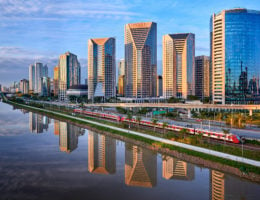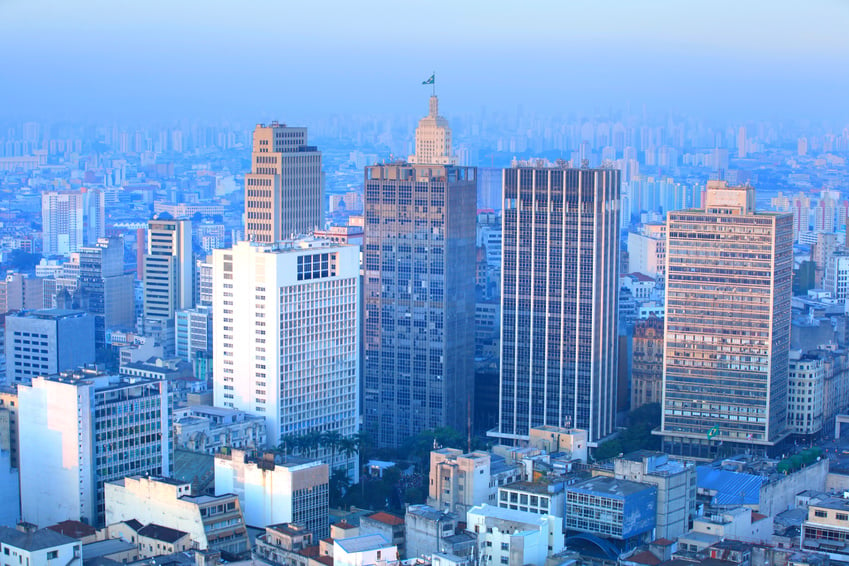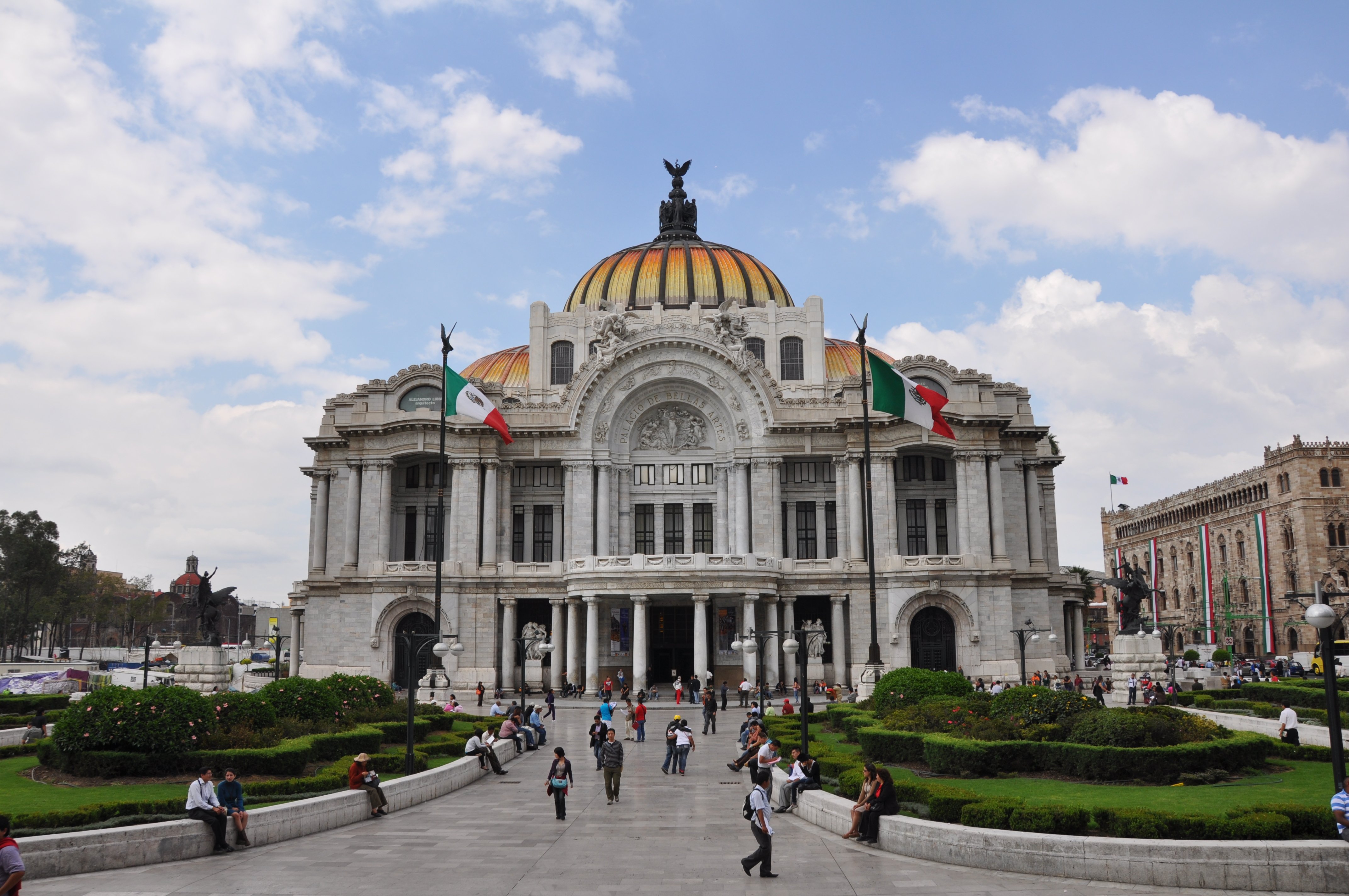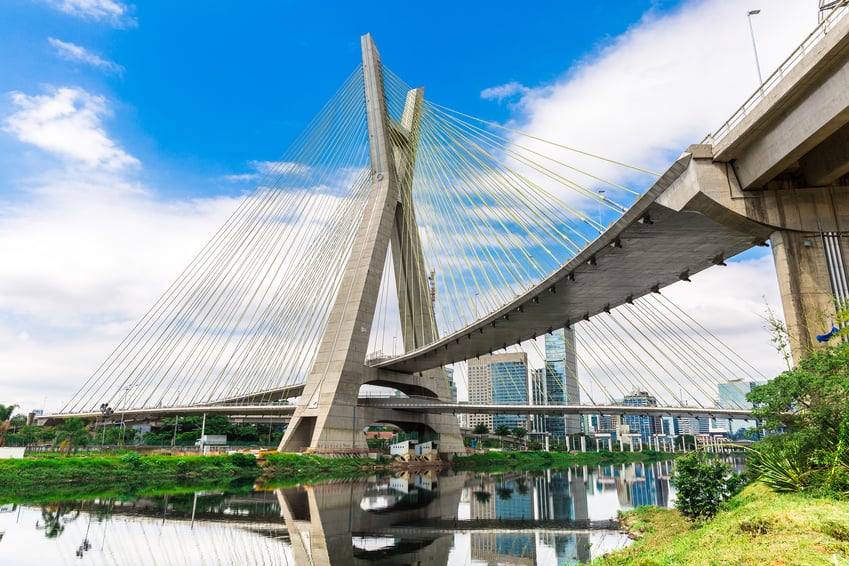On 6 May 2024, the Federal Government published Federal Law No. 14.852/2024, which established the Legal Framework for the Electronic Games Industry in Brazil. The new law sets out the basic principles and rules for the development and sale of electronic games in Brazil. It establishes guidelines on the manufacture, import, marketing, development and commercial use of electronic games, in addition to providing that the State must establish the indicative age classification. Therefore, it provides a specific framework for this sector in Brazil and ensures the protection of its consumers and users.
On 16 December 2023, the House of Representatives approved the bill of Tax Reform, based on PEC 45 (Constitutional Amendment Bill), in the final round after the Senate’s approval.
The final wording was published on 21 December 2023 (Constitutional Amendment No 132/23).
On 25 July 2023, Provisional Measure No. 1,182/2023 was issued, amending Law No. 13,756/2018, to discipline the operation of the fixed-odds lottery by the Union, that is, mainly to regulate the performance of sports betting sites in Brazil, among other minor points.
On 24 February 2021, the Brazilian Supreme Court (“STF”) finalized the trial of Direct Unconstitutionality Actions 1,495 and 5,659, which addressed whether software-related transactions should be imposed with municipal service tax (“ISS”) or VAT state tax (“ICMS”).
After garnering a majority of votes, STF decided to exclusively levy ISS to such transactions, regardless of the form of commercialization and type of software (if off-the-shelf or customized).
Baker McKenzie’s VAT/Indirect Tax Practice presented ‘Digital Services in Latin America,’ on 12 August 2020. This was the second presentation in the International VAT Conference Webinar Series, a global webinar series designed for VAT specialists from all industry sectors that aims to discuss the latest developing trends and hot topics in the VAT/GST and customs arena.
The Brazilian Federal Revenue (‘RFB’) issued COSIT Ruling No. 45/20 to authorize PIS/COFINS credits over expenses incurred with employees’ transportation and meal. Although the Ruling was filed by an association of companies that act in cleaning, servicing, and maintenance, the RFB adopted some assumptions that, in our view, could be applied to companies of other sectors.
In a nutshell, the Ruling indicates that Art. 3, item X of Law 10833, only allows the record of PIS/COFINS credits to the cleaning, servicing, and maintenance companies on the expenses effectively incurred with the acquisition of transportation and meal tickets/vouchers.





